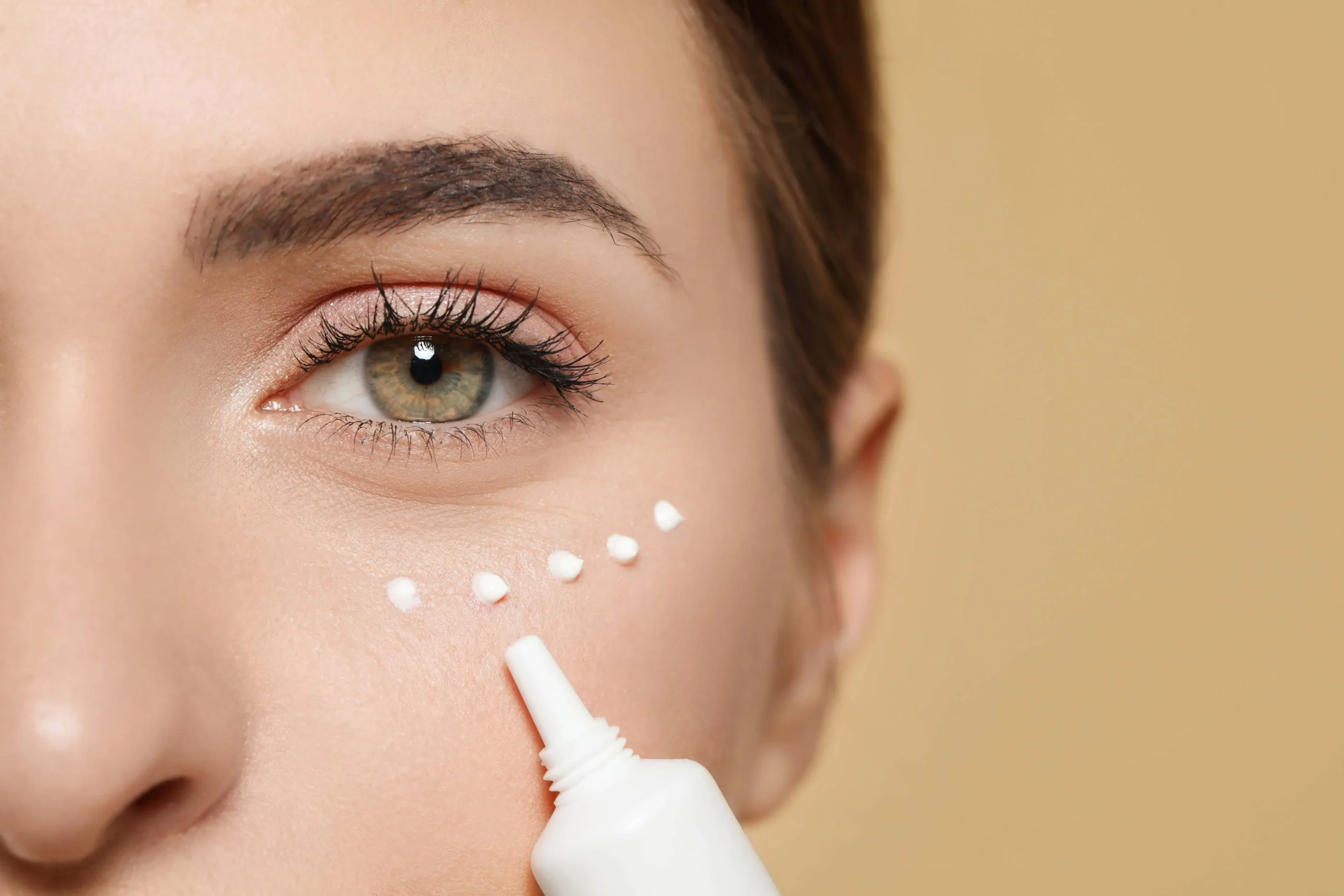In the quest for radiant, healthy skin, it’s easy to get caught up in daily routines, trendy products, and DIY remedies. However, one crucial aspect of skincare that often gets overlooked is the importance of regular check-ups with a dermatologist. While it might seem like a luxury or an unnecessary step, seeing a dermatologist on a regular basis can play a vital role in maintaining your skin’s health and preventing potential issues. Here’s why making dermatological appointments a priority should be part of your skincare strategy.
1. Early Detection of Skin Conditions
1.1. Identifying Potential Issues Early
Dermatologists are trained to recognize early signs of various skin conditions, from common concerns like acne and eczema to more serious conditions like skin cancer. Regular check-ups can help in identifying these issues before they develop into more severe problems, allowing for earlier and more effective treatment.
1.2. Monitoring Changes
Your skin can change over time due to factors such as aging, lifestyle, and environmental exposure. Regular visits to a dermatologist ensure that any new or changing spots, moles, or symptoms are assessed and monitored for potential issues.
2. Personalized Skincare Advice
2.1. Tailored Treatment Plans
One-size-fits-all skincare routines often fall short when it comes to addressing individual needs. A dermatologist can evaluate your skin type, concerns, and goals to create a personalized treatment plan. Whether you need help with acne, hyperpigmentation, or anti-aging, a dermatologist’s expertise ensures that you receive recommendations suited to your specific needs.
2.2 Professional Product Recommendations
It can be difficult to select the correct skincare products due to the overwhelming numbers available. Dermatologists can recommend products that are scientifically proven to be effective and suitable for your skin type, helping you avoid wasted money on products that may not deliver results.
3. Expert Guidance on Skin Health and Prevention
3.1. Educating on Sun Protection
One of the most critical aspects of skin health is sun protection. Dermatologists can educate you on the importance of sunscreen, recommend the best types for your skin, and advise on proper application techniques. Regular check-ups provide an opportunity to discuss any sun-related concerns and receive guidance on how to protect your skin from UV damage.
3.2. Advising on Lifestyle Factors
Skin health is influenced by various lifestyle factors, including diet, hydration, and stress. A dermatologist can offer advice on how these factors impact your skin and provide tips on how to improve your overall skin health through lifestyle adjustments.
4. Addressing Specific Skin Issues
4.1. Professional Treatments and Procedures
Dermatologists can offer a range of professional treatments and procedures that go beyond what’s available in over-the-counter products. From chemical peels and laser treatments to specialized therapies for conditions like rosacea and psoriasis, a dermatologist can provide solutions that are tailored to your needs.
4.2. Managing Chronic Conditions
For individuals with chronic skin conditions such as eczema, psoriasis, or acne, regular check-ups are essential for managing symptoms and preventing flare-ups. Dermatologists can adjust treatment plans, provide new therapies, and offer ongoing support to help you manage your condition effectively.
5. Ensuring Long-Term Skin Health
5.1. Tracking Skin Changes Over Time
Regular visits to a dermatologist help track changes in your skin over time. This longitudinal approach can be crucial in detecting gradual changes that might indicate underlying health issues or evolving skin conditions.
5.2. Maintaining Skin Integrity
Regular check-ups help ensure that your skin remains in optimal condition. By addressing concerns proactively and making adjustments to your skincare routine as needed, you can maintain the health and integrity of your skin for the long term.
6. Building a Trusted Relationship
6.1. Establishing a Comprehensive Care Plan
Building a relationship with a dermatologist allows for a comprehensive approach to skincare. With ongoing care, a dermatologist becomes familiar with your unique skin needs, making it easier to develop and maintain a care plan that supports your skin health effectively.
6.2. Confidence in Your Skincare Routine
Having a professional guide your skincare routine instills confidence in the choices you make. Knowing that your dermatologist supports your approach to skincare can provide peace of mind and reassurance.
Conclusion
Regular skincare check-ups with a dermatologist are not just a luxury—they are an essential component of maintaining optimal skin health. From early detection of potential issues to personalized advice and professional treatments, the benefits of seeing a dermatologist extend far beyond what you can achieve with over-the-counter products alone. Prioritize these appointments to ensure that your skin remains healthy, radiant, and well-cared for throughout the years. Embrace the expertise of a dermatologist and invest in your skin’s long-term well-being.





